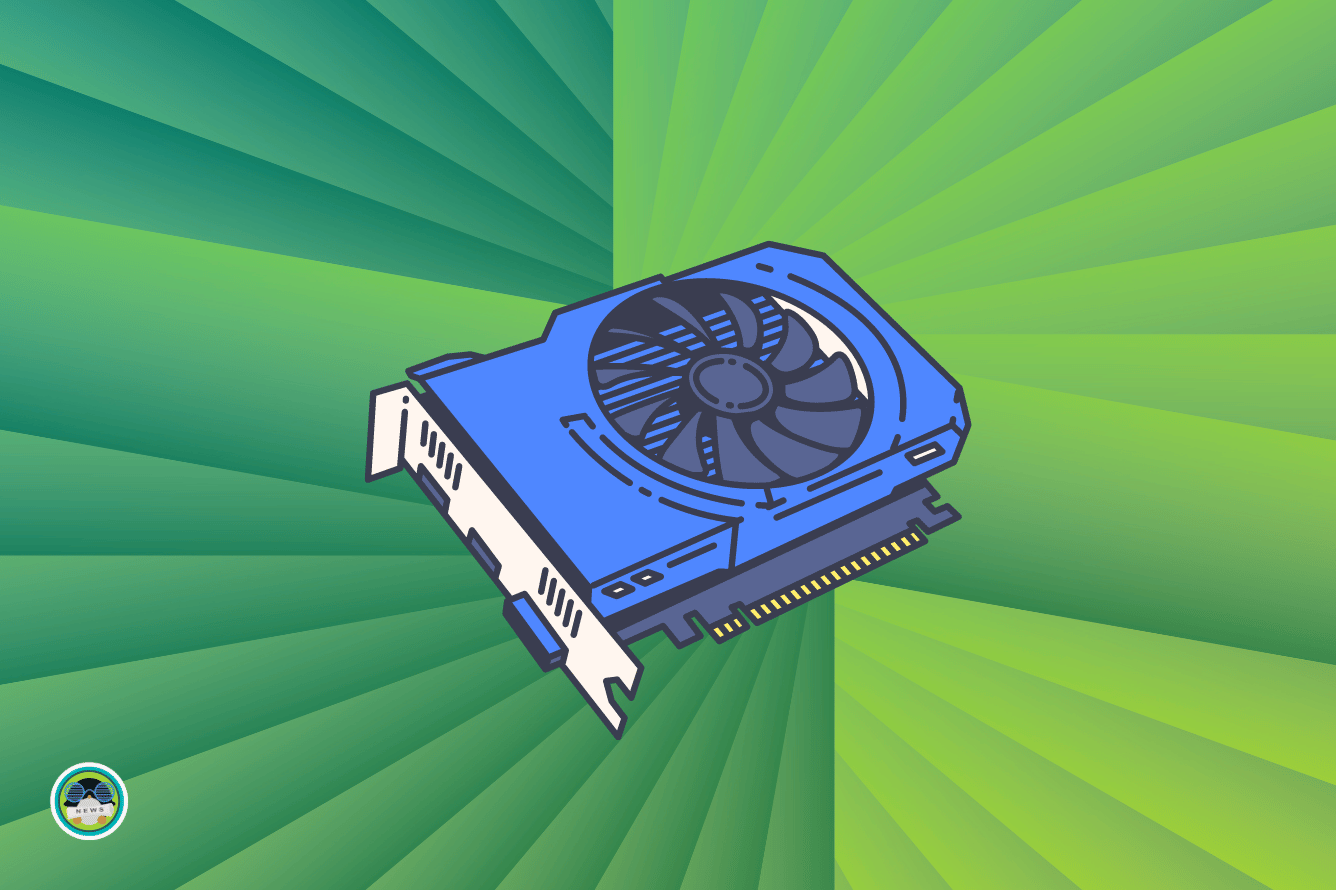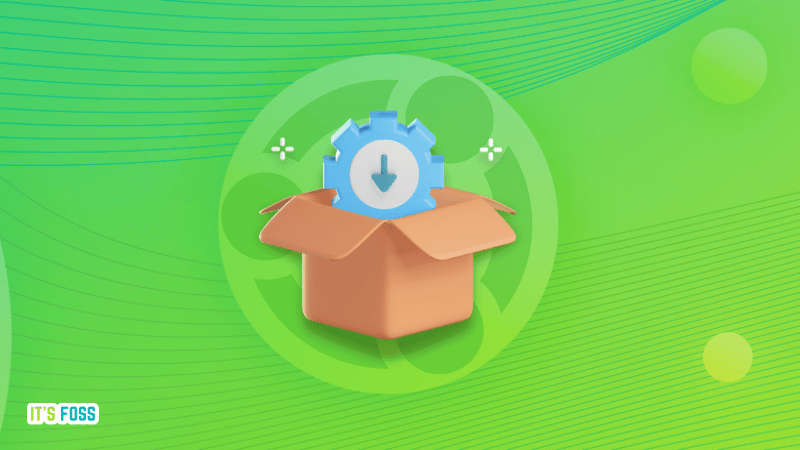
Every new Linux kernel release features various improvements and feature additions that make it better than the previous release, while many users don't really run the latest kernel, it's a good indicator of how development is progressing.
Since the last one, we now have a new Linux kernel 6.10 release to check out, and, as usual, Linus Torvalds had something to say:
So the final week was perhaps not quote as quiet as the preceding
ones, which I don't love - but it also wasn't noisy enough to warrant
an extra rc. And much of the noise this last week was bcachefs again
(with netfs a close second), so it was all pretty compartmentalized.
Linux Kernel 6.10: What's New?
This goes without saying, but this is a non-LTS release, and it may be included on upcoming distro releases like Ubuntu 24.10 and Fedora 41, but, you don't need to think about it now.
Here are some key highlights that we will be diving into with this article:
- AMD Upgrades
- Intel Refinements
- Storage Improvements
- Rust Support on RISC-V
AMD Upgrades

Thanks to the patches sent out back in May, there is now support for newer AMD GPUs on the RISC-V platform. Then there's the initial perf tool event support for the upcoming AMD Zen 5 processors, that allows for getting information like L1/L2 cache activity, branch prediction, and a few other metrics.
Developers also got in some refinements for the AMDKFD kernel compute driver that is used by their ROCm open-source software stack, enabling better handling of memory limitations on AMD APUs.
Intel Refinements
The Intel P-State driver has been improved to consistently update CPU frequency, when Turbo Boost is disabled, and work has been done to introduce support for Adaptive Sync SDP.
There are niceties for the upcoming Battlemage series of GPUs too, with there now being audio support via the HDMI interface, and various refinements being made to their version of the Sound Open Firmware (SOF) stack.
On the networking side of things, there's new support too. There is now support for the PFCP filter with Intel wired network drivers, Intel Blazarl and Filmore Peak2 in the Bluetooth driver, and BZ-W devices with the Intel IWLWIFI driver.
Storage Improvements
Building on the already existing Bcachefs support, Linux kernel 6.10 features many safety-focused fixes and improvements for it, with initial preparatory work for online fsck functionality.
For EROFS, its LZ4 code was improved for working more reliably on large server deployments with many CPU cores. Similarly, support for Zone Write Plugging (ZWP) was introduced to substantially increase the performance of zoned storage devices.
Rust Support on RISC-V

The push for improving Linux kernel's compatibility with the RISC-V platform has been at an all-time high, with this release featuring support for Rust on the popular RISC-V architecture.
Moreover, there's now support for changing the boot image compression with options ranging from LZ4, BZ2, LZO, LZMA, LZ4, and Zstd. We also get initial support for the Milk-V Mars.
To wrap this up, there are a few other changes, like the inclusion of the open-source Panthor DRM driver for providing support for newer ARM Mali GPUs, and the Qualcomm MSM driver now supporting the upcoming Snapdragon X Elite platform.
Installing Linux Kernel 6.10
Users of rolling-release distros like Arch Linux will get this kernel sooner than others. For other distros, you will have to wait for a major release that may or may not include this release.
If you can't wait, then our guide for upgrading to the latest mainline Linux kernel on Ubuntu is a must-read:

You can source the Linux kernel 6.10 tarball from the official website.
- Even the biggest players in the Linux world don't care about desktop Linux users. We do.
- We don't put informational content behind paywall. Your support keeps it open for everyone. Think of it like 'pay it forward'.
- Don't like ads? With the Plus membership, you get an ad-free reading experience.
- When millions of AI-generated content is being published daily, you read and learn from real human Linux users.
- It costs just $2 a month, less than the cost of your favorite burger.
Become a Plus Member today and join over 300 people in supporting our work.











